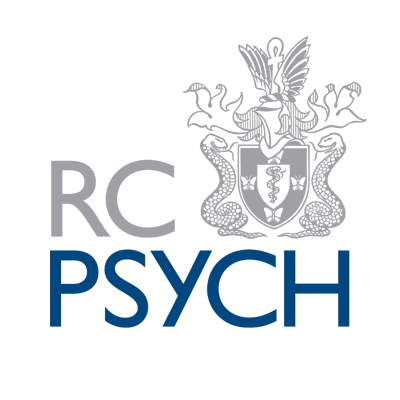Disorders
Bipolar disorder
Bipolar Disorder is a disorder in which people have mood swings that alternate between periods of depression and expansive or irritable mood.
Causes of bipolar disorder
The exact cause is unknown, but because it occurs more often in relatives of people with bipolar or depressive disorder, it is believed that there is a genetic basis behind this disorder. Bipolar disorder affects men and women equally, and usually begins around the age of 20.
Types of bipolar disorder
People with type I bipolar disorder: have had at least one full episode of mania alternating with periods of depression. People with type II bipolar disorder: have never experienced a full episode of mania. Instead, they experience periods of high energy levels and impulsivity that are not as extreme as mania (called hypomania). These periods alternate with episodes of depression.
Symptoms of Bipolar Disorder:
Manic phase:
A distinct period of persistently high, expansive, or irritable mood, lasting at least 1 week. Three (or more) of the following symptoms have persisted during the period of mood disturbance: exaggerated self-esteem or grandiosity, decreased need for sleep (e.g., feeling rested after only 3 hours of sleep). talkative out of the ordinary; flight of ideas or subjective experience that thinking is racing; distraction; increased activity or psychomotor agitation; excessive involvement in pleasurable activities that have a high potential for serious consequences (eg, unstoppable shopping) , sexual indiscretions or crazy economic investments). In people with bipolar II disorder, the symptoms of mania are similar but less severe.
Depressive phase:
Presence of 5 or more of the following symptoms, including the first two: depressed mood most of the day, marked decrease in interest or pleasure in all or almost all activities, significant loss Weight gain without dieting or weight gain Insomnia or hypersomnia nearly every day Motor agitation or slowing fatigue or loss of energy almost every day excessive or inappropriate feelings of worthlessness or guilt decreased ability to think or concentrate recurring thoughts of death
Complications associated with Bipolar Disorder:
There is a high risk of suicide with bipolar disorder. Patients may abuse alcohol or other substances, which can worsen symptoms. Patients may develop gambling behaviors due to their impulsivity.
Course and prognosis:
The onset is usually abrupt and tends to become chronic. Most people with bipolar disorders have an average of 9 episodes (both manic / hypomanic and depressive) throughout their lives, although there are patients called rapid cyclers, who can have 4 episodes per year. Pharmacological treatment helps control and mitigate the symptoms of bipolar disorder, especially the symptoms of the manic episode. It must be taken into account that the effectiveness of the treatment depends on the early action and constant maintenance of the treatment. Therefore, it is important to know that although during the manic phase it may seem pleasant for the patients, the treatment is followed.











